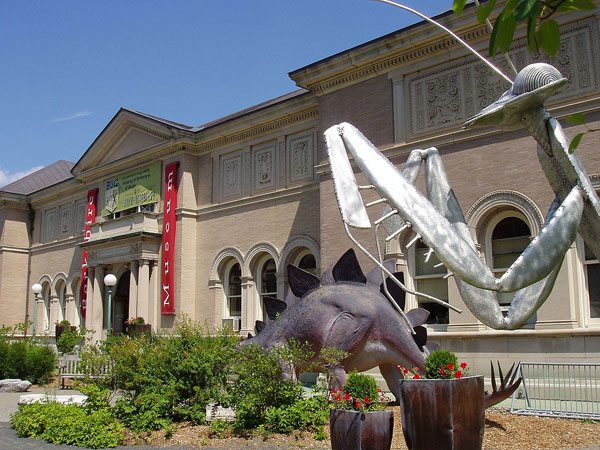
November 3, 2017; Berkshire Eagle
For nonprofits that are curious about what it looks like when a state attorney general inserts himself or herself into a case where a nonprofit board’s behavior may be running afield of its stewardship responsibilities, the Berkshire Museum is an excellent example, following to some extent the same “last in” pattern of the Virginia AG in the case of Sweet Briar College. That is, as stakeholders have brought suit against the museum, AG Maura Healy has hung back a bit, expressing that office’s concerns in some specificity to the court, but not taking action beyond weighing in.
As readers may recall, the trustees of the Berkshire Museum have made plans to sell 40 paintings worth millions of dollars—money which they plan to use in part to expand the endowment. But the museum community frowns on such “deaccessioning” unless the money is to be used to buy additional artwork. Even then, it is important to take into account the terms of the gifts that have been made. In this case, one of the groups filing suit comprises three sons of Norman Rockwell, whose paintings are among the pieces scheduled for auction on November 14th at Sotheby’s. They claim the sale would violate their father’s terms when he donated the paintings.
Sign up for our free newsletters
Subscribe to NPQ's newsletters to have our top stories delivered directly to your inbox.
By signing up, you agree to our privacy policy and terms of use, and to receive messages from NPQ and our partners.
Toward the end of last week, as questions of legal standing among the groups bringing suit remained undecided, the AG filed an emergency motion that would allow the attorney general to take over as plaintiff if the others were technically found to lack the “legal standing” that would allow them to bring suit. The motion was granted, much to the dismay of museum representatives who cried foul, saying the AG was waffling and changing her position in the case.
But the attorney general’s office has had standing in this situation all along, in that it is charged with regulating the charitable sector and holding it to account. Additionally, in a brief filed at the end of October, the office asserted that in its opinion the sale would be illegal, violating the terms of charitable trusts. It also alleges that museum needs to show that the sale is the only way out of what the museum has portrayed as dire financial straits because the sale would potentially violate:
- Restrictions in state statutes against the sale of 19 of the 40 works of art
- Donor intent regarding ownership of two Norman Rockwell paintings
- Rules requiring that the museum seek permission because the sales “would constitute a fundamental transformation of the Museum, which may only be approved by the court after a showing of impracticability or impossibility.”
Despite the museum’s contention that the AG’s office has made an about-face, the fact is that Healy has weighed in all along. The only difference now is that it is asserting its standing in plenty of time to make sure the court hears the whole case.—Ruth McCambridge










